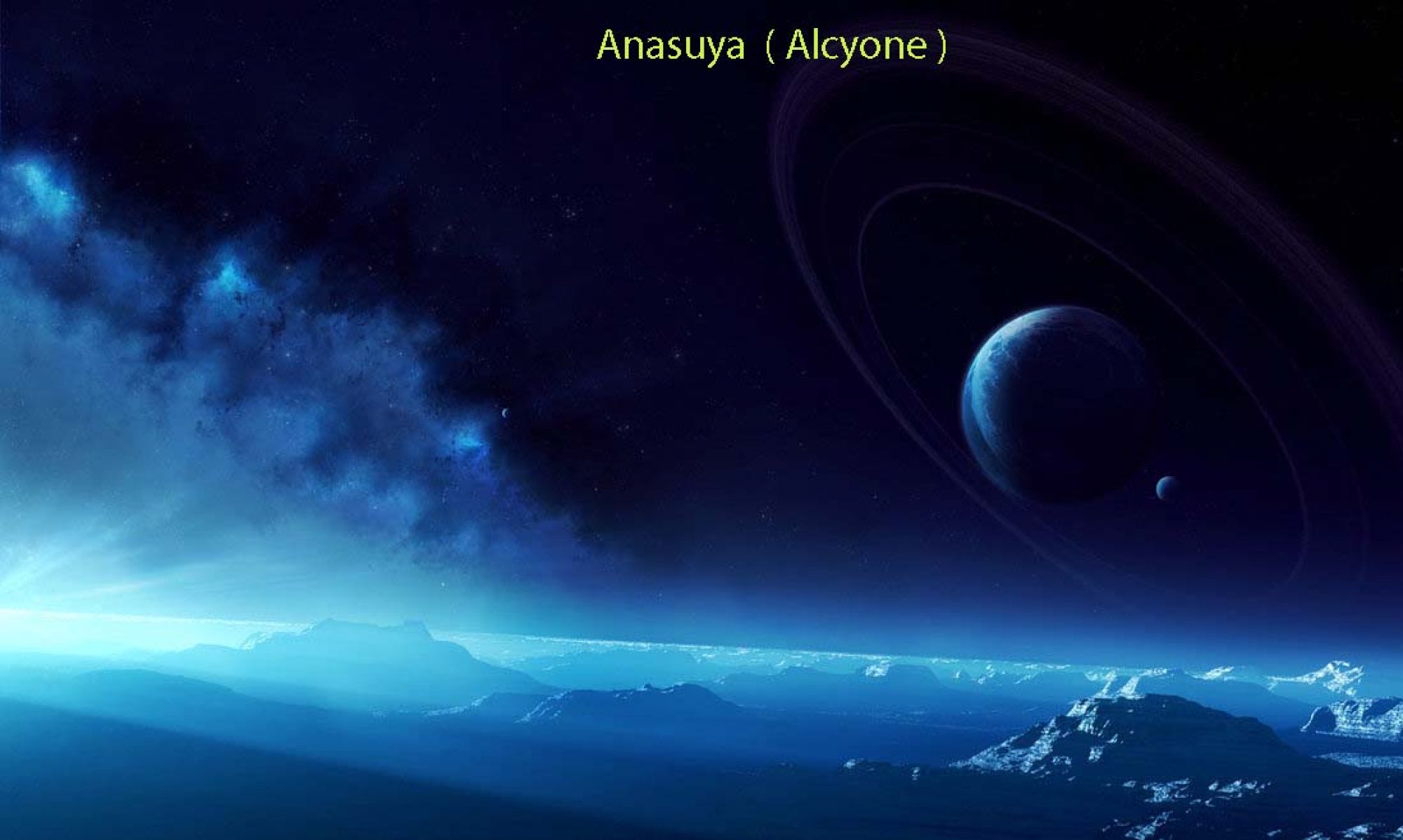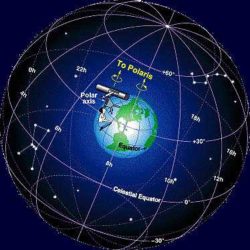Aurobiindo Hypothesis – Poetry = Bliss
Writing Poetry is Bliss, as the Self is Bliss and the aim of
Poetry is to discover the Bliss, which the world’s derelict sorrows
yearn !
A Poet can transport his audience to celestial heights .
By the Art of the poet
We stand uplifted
And transfigured, the world floats
In an ineffable haze!
There are yogic techniques to generate Poetry. If one can raise
One’s consciousness leveL beyond the 3 lower concentric
sheaths, poetic faculties will blossom.
They are the mundane physical sheath/Annamaya Kosha, the
vital sheath or Pranamaya Kosha and the mental or Manomaya
Kosha, Beyond them Is the Intellectual Sheath, which can give
access to the Fountain of Poesy,the Hippocrene !
In thw case of Kalidasa,his mind had hit the
Quantum Ground State, accidentally or providentially.
The Ground State is the Source of. the Fountain of Poesy.
Inspiration, intuition, illumination and Revealation
all come from thatCenter in us.
Center of Poesis
Referred to as the Helios/Heli/Heart Center in us,
This Hrid Chidakasa is the Seat of the Cause of
All Causes, the Absolute Self. All Poetry emanate from
this Center, Sarva Kavya Prabhavanti Tasmat.
Poets know how to manifest their talents. Western Poets
invoke the Muse of Poetry and Indians, the Deity of
Poetry. ” Sing, Heavenly Muse”say the Western Poets ,
while the Indians say ” Dance on my tongue, O Deity
Of Poetry”.
Contacting this Ground State is the Secret of
all poetry.
Kalidasa contacted this Unified Field of Consciousness
and the Fountain of Poesy surged in him. This
was symbolically depicted as the Vision of
the Mother Divine.
Poesis = Esoteric Knowledge
Q- How come the concept of Aeroplanes
or Vimanas was there in the mind of the poet before it
was conceived In the scientific mind?
A The greatest Science, Kavya Sastra, contains,
All the primitive mysteries of Science!
As the Center and Circumference of
Esoterica,
All Science is comprehensible to Her
No wonder Indian Wisdom consists of millions
of Verses and the Poet is defined as a diviner or sage,
Kavihi Kranta Darshee, just like the Romans
who called them vates, diviners!
The poet knows that he may not be compensated
in the mundane plane. By transporting his audience to
the altaltissimo of Bliss, he also becomes the recipient of Bliss.
As long as he is in the imagination rich poetic world
of the supra-mundane, he is happy. But the minute he touches
the mundane plane, he becomes sorrowful.
This is evidenced by Keats’ statement
I fall upon the thorns of Life
I bleed !
Walt Whitman had experienced Bliss within himself. He was what the
Seers of the Upanishads recommended to mortals, what Lord Krishna recommended
to Arjuna, a realized Self who views Becoming under the metaphor of Being.
At times, he wanted to become the Macrocosm, to become the Earth Geist,
to flow in and out of the veins of Nature, a consummation that Goethe’s
Faust devoutedly yearned for, but was denied so at the last minute, because
he fell back on mundane experience and empirical becoming.

